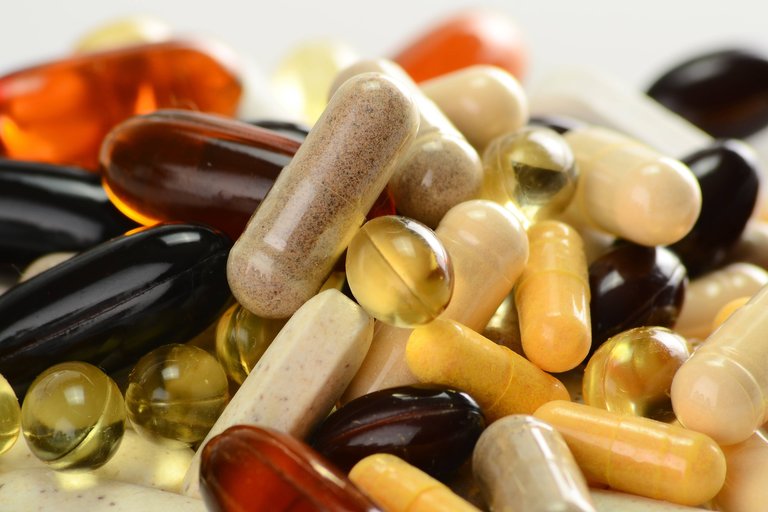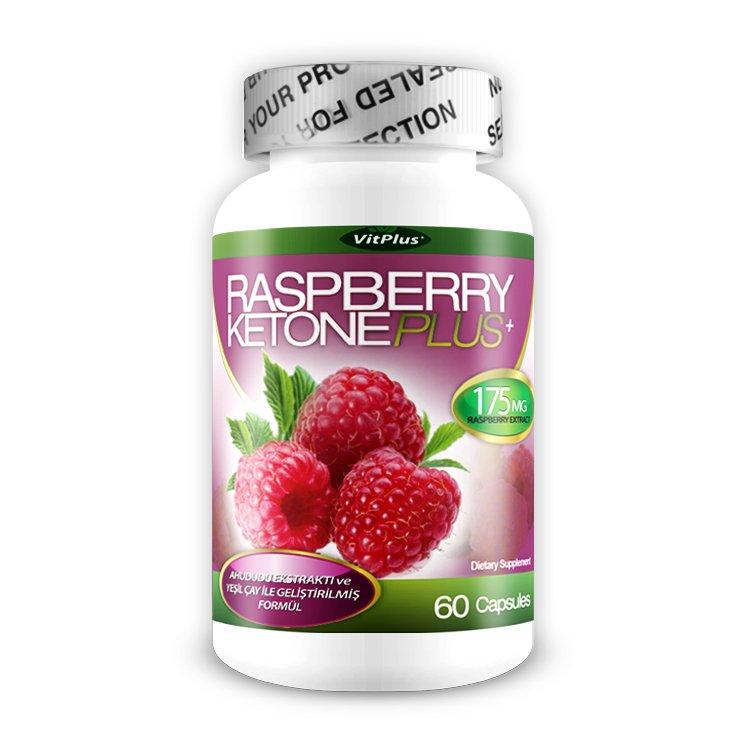Hi Steemit! I wanted to share my thoughts on the usage of natural supplements and some common misconceptions. This content is for informational purposes only and does not constitute medical advice. Please stay safe and always consult with your health care provider before you take any supplements.
No matter where you are located in the world, in each and every single pharmacy you step into, there will always be a selection of natural supplements and remedies. Sales of natural supplements are increasing every year and in fact, a 2011 study reported that roughly 40% of North Americans have used a dietary supplement in the past two years.

Many consumers have the assumption that these supplements are completely safe and devoid of side effects because they are natural. As a result, many people take multiple supplements on their own accord without seeking the advice of their health care provider.
Why Your Pharmacist May Steer you Away from that Bottle of Supplements you are Holding
Lack of Evidence and Safety Testing
Remember the Raspberry Ketone product that Dr. Oz promoted in which he claimed it to be a miracle fat burner in a bottle? Dr. Oz claimed that 100 mg of this miracle substance taken at breakfast will burn fat from all over the body. Many people believed in the hype and it flew off the shelves instantly. However, when you look at the evidence and the studies behind the raspberry ketone product, you will see that it is far from a miracle in a bottle.

All that hype from the raspberry ketones came from preliminary studies in mice showing that a high fat diet containing 1% raspberry ketone reduced fat accumulation. It's too big of a stretch to assume that it would be safe and effective in humans without doing the necessary testing. Success in animal studies may not translate to clinically important effects in humans.
Unknown drug interactions and side effects may occur since safety testing was done in humans. People who bought into the raspberry ketone phase reported having unexpected side effects like palpitations.
In general, the approval process for natural supplements is usually quite different from your standard prescription medication. Prescription medications require 3 different phases of rigorous studies to ensure that the medication is safe and effective in humans as well as a post approval phase to survey and monitor the progress of the medication. Natural supplements require none of this. Thus, many of the natural supplements may have very weak evidence of any benefit, meaning that the products that you are taking may not actually work.
Huge Potential for Drug-Supplement Interactions
Did you know that testing for drug and supplement interactions is not a requirement for the supplement to be approved for sale in the market? Did you also know that the drug manufacturers are not required to test their own product for any supplement interactions? What this means is that there is not enough high quality data to determine if what you are taking will be safe with your supplement? There could be some in vitro (test tube) studies or animals studies that could suggest possible issues, but they do not translate into the same issue in humans and must also be validated.
How serious is this? The potential for interactions is huge, especially with the number of prescriptions people are taking on the rise.

Here are some notable interactions:
*St John's wort, which is touted as a natural antidepressant may make birth control less effective and result in unplanned pregnancy
*Gingko Bilboa, which is touted as a memory enhancer, may increase the risk of bleeding in patients that are taking blood thinners
Bottom line: Always consult with your health care provider before taking any natural supplements
What's In your Supplement?
I subscribe to a safety newsletter that reports on recalled supplements and dietary products. A common trend that I have noticed is that a significant amount of the reports involved supplements containing undeclared prescription medications. Not knowing what you are taking is very concerning and outright dangerous.

Ephedra was banned in the United States due to numerous hospitalisations and fatalities. However, some supplements that are available for purchase for body building and weight loss purposes contain something called Oxilofrine, which is structurally and chemically similar to ephedra. This can be extremely dangerous and should not be permitted for sale. People have already suffered serious health problems and heart attacks from taking products containing Oxilofrine.
Another trend that I have noticed from these newsletters is that supplements aren't what their labels claim to be. Some products have much more or less melatonin that is delcared on the bottle, whereas others don't even contain what is labelled. An investigation a few years back found t hat supplements from some major retailers found that their ginseng, St. John's wort, were contaminated with substances, such as wheat, wild carrot, and in some cases these contaminants were the only ingredients in the samples.
Bottom line: When you consider the sheer number of supplements on the market and the lack of authority of FDA to test these supplements, the stakes for purchasing a product that is tainted or deviates from what the label says is high. Essentially, the whole system is an honour system based on the reputation of the supplement manufacturer. Supplement manufacturers are not subjected to the same rigorous standard that is used for prescription medications.
meep
Thanks for writing this post! I hope this helps clear some of the misconceptions around alternative medicine. Looking forward on reading more from you in the future :)
Good writeup! It's definitely an industry that needs more transparency, but for now I've generally just stopped trusting it. Adam Ruins Everything did a good bit on it too:
Thank you for sharing information like this. I've been taking multivitamins for a long time, trying to be as healthy as possible. I'm always reading nutrition labels on the food that I eat, but until now I hadn't considered reading the full ingredients of my multivitamins to see exactly what I'm taking (beyond the Supplement Facts that list just the vitamin percent daily values). It's always good to be made more aware of these things.